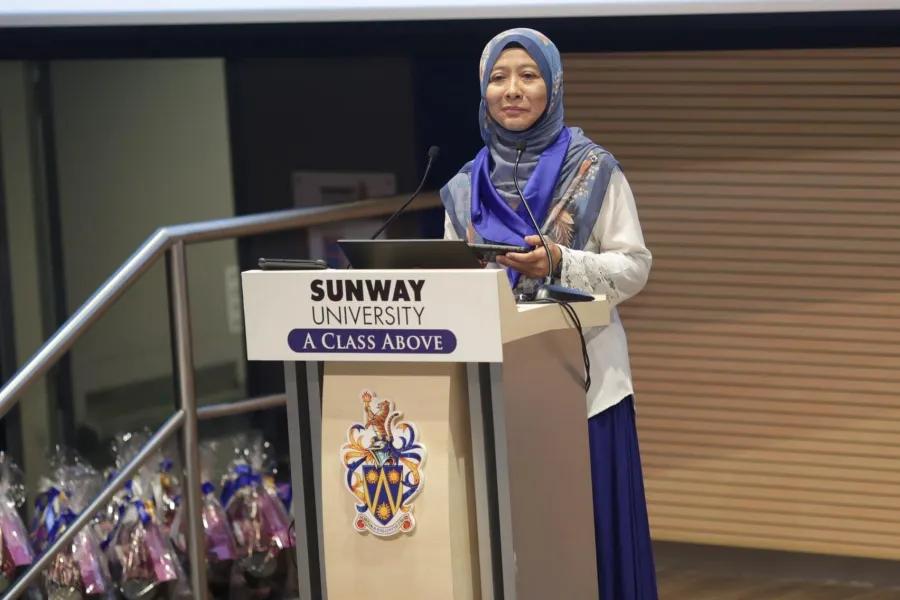Malaysia Seeing ‘Worrisome’ Rise In Colorectal Cancer Among Under-50s: MOH Official
Cases of colorectal cancer are increasing among those aged below 50 in Malaysia, even though the disease primarily affects older adults, said a Ministry of Health (MOH) official.
More than 90 per cent of cases of colorectal cancer in Malaysia, also known as colon cancer, occur in individuals aged 40 and above.
“This disease knows no boundaries when it comes to age; it affects individuals from all walks of life,” Dr Nor Saleha Ibrahim Tamin, senior principal assistant director at the MOH, said at a recent forum organised by pharmaceutical company EP Plus Group and Sunway University on colorectal cancer in Petaling Jaya, Selangor.

“While colorectal cancer primarily affects individuals aged 50 and above, we are observing a distressing pattern with a growing number of cases among younger individuals, which further compounds the economic burden of this disease in our country.
“This worrisome rise in colon cancer incidence among individuals under the age of 50 raises significant concerns about its impact on younger age groups.”
Colorectal cancer is the third leading cause of cancer-related deaths in Malaysia. Approximately 70 per cent of cases are diagnosed in the advanced stages of three or four, greatly raising the risk of mortality.
“Colorectal cancer offers immense potential for early detection. When we identify it at its nascent stage, the probability of successful treatment increases significantly. Screening, the cornerstone of this battle, is an effective approach that can detect precancerous polyps and early-stage cancers,” said Prof Dr Raja Affendi Raja Ali, Dean of School of Medical & Life Sciences at Sunway University, at the forum.
“However, amidst the strides we have made in medicine, we must address the prevailing misconceptions that surround colorectal cancer, particularly the discomfort associated with screening procedures like colonoscopy. The reality is far less daunting, as patients can be adequately sedated prior to the procedure.
“We underline the critical need of regular screenings for all Malaysians aged 45 and up. Forty-five is, after all, the new 50.
“Individuals having a significant family history of colorectal cancer at a young age, as well as those affected by specific genetic disorders such as FAP, Peutz-Jeghers Syndrome, or Lynch Syndrome, should consider tests at a younger age based on their individual risk factors.”
This article was first published in Code Blue, 22 June 2023.



